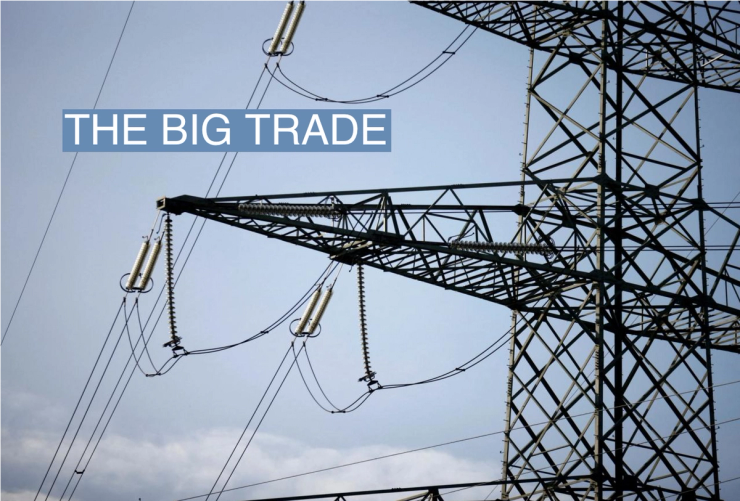The News
Energy permitting reform could be the next big item on Congress’s bipartisan to-do list, after both Democrats and Republicans saw some of their top priorities on the issue left out of last week’s debt ceiling bill. Semafor is setting the table with our own event on Tuesday, as well as related content all week.
What could a deal look like? Democrats want to make building electric transmission lines easier in order to hook more renewables to the grid, while Republicans want to clear regulatory roadblocks for new fossil fuel pipelines. “You can see how a bipartisan deal comes together with that basic trade,” says Xan Fishman, director of energy policy and carbon management at the Bipartisan Policy Center.
What the debt bill included
The debt ceiling deal didn’t include the grand bargain on permitting issues some had hoped for. But it did usher through the first major reforms in decades to the National Environmental Policy Act — the law governing federal environmental reviews that has often been blamed for tangling projects in red tape. Long a target for conservatives, NEPA has become a bigger concern for some Democrats as it’s begun to ensnare solar and wind projects.
Among the key reforms, the changes require agencies to finish environmental assessments within two years max and will narrow their scope to focus on “reasonably foreseeable” environmental impacts.
What Democrats still want
For Democrats, permitting reform is mostly about making it quicker to build electricity transmission, in order to construct high-powered lines capable of moving renewable energy across the country. Today, developers are required to slog through the permitting process state by state; advocates would prefer to have the whole effort managed by the Federal Energy Regulatory Commission, instead, the way siting for natural gas pipelines is.
But states don’t necessarily want to lose control over siting decisions. And there’s bound to be a massive political fight over how to allocate who pays for new lines, since ultimately the cost will be split between customers.
What Republicans still want
Republicans celebrated the debt ceiling’s NEPA reforms and are still eying changes that would curb lawsuits under the law.
But at the top of their wish list are changes that would remove obstacles to oil and gas pipelines. The GOP is especially interested in narrowing Section 401 of the Clean Water Act, which effectively gives states the power to halt pipelines that could harm their rivers, lakes, and streams. The Trump administration attempted to put new limits on 401 reviews by regulatory fiat, but last year the Biden administration moved to reverse them.
Will it happen?
In theory, you can imagine a trade here — especially since building more transmission will probably lower total U.S. emissions more than allowing additional pipelines will raise them. But given some Democrats have an absolutist opposition to fossil fuel development, and some Republicans will fight to keep their voters from paying more for electricity lines they don’t want, this is likely to turn into a rather, um, charged fight.


